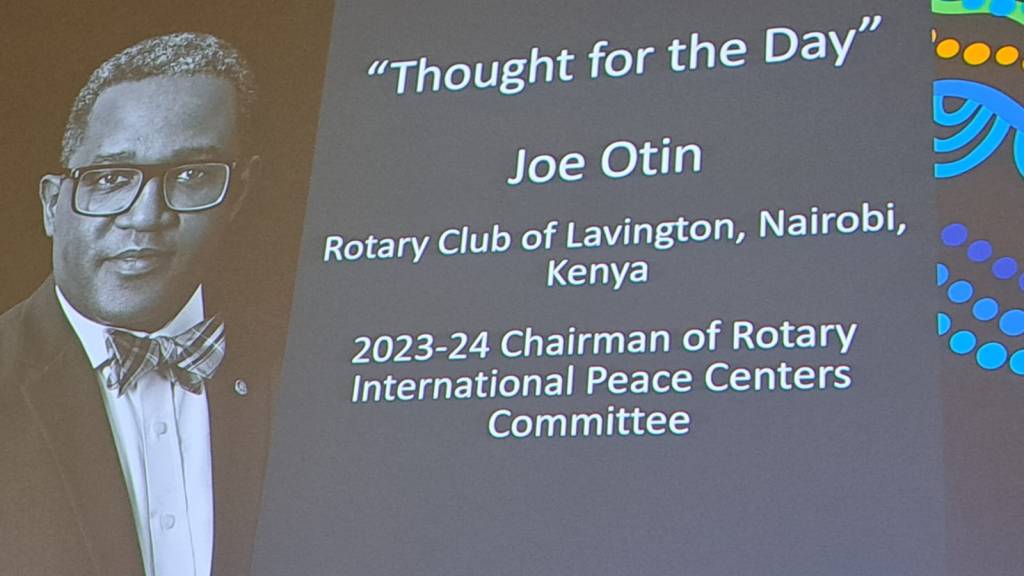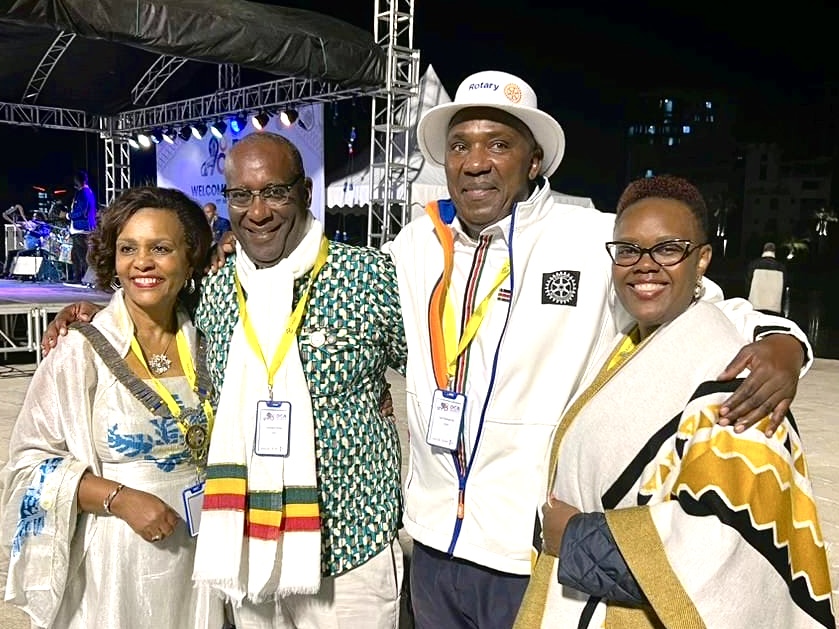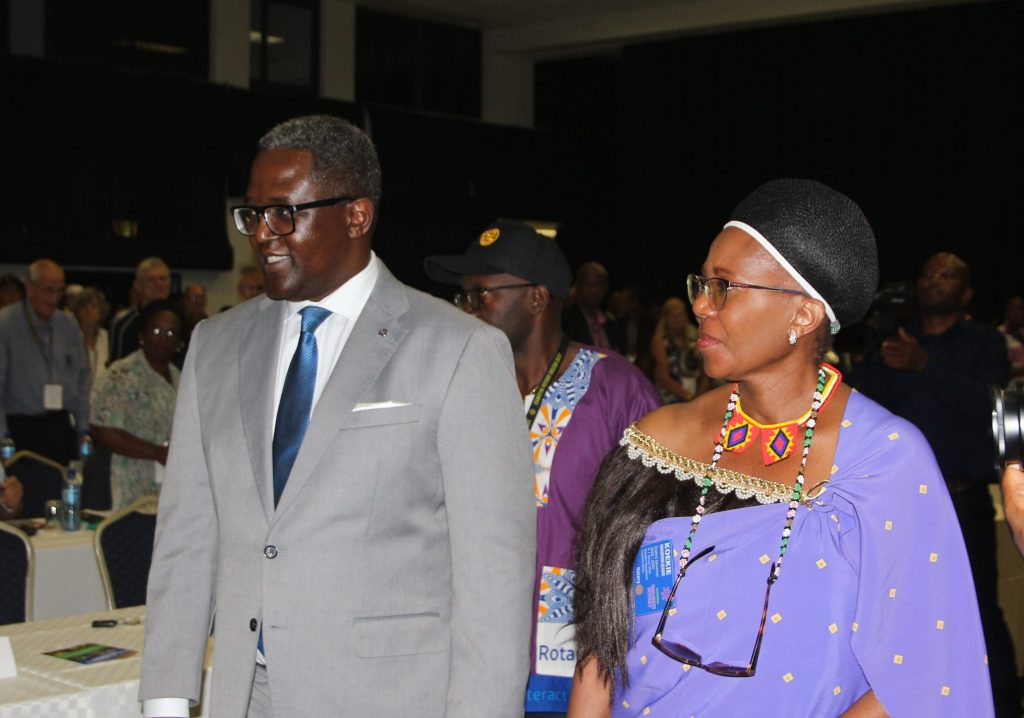One of the things about highly competitive market segments is that brands tend to use the concept of ‘monkey see, monkey do’, in that they follow similar strategies for visibility, brand appeal and sales. The incremental one percent in advertising share doesn’t shift the needle even though it represents a substantial investment. To drive differentiation, brands in developed markets turn to celebrity endorsement in order to use star appeal and subsequent reach to create brand lift.
One of the biggest celebrity endorsement deals in the world is the USD 60 million a year that Michael Jordan earns from Nike for the Air Jordan shoe brand. The billionaire athlete receives the highest endorsement income of any retired basketball player in history and based on the fact that Nike tapped into him since 1994, we are confident that they are getting the ROI (return-on-investment) to justify the spend.
A major part of celebrity branding is the announcement of the deal size, especially if it represents impressive sums, as if to say to both competitors and consumer ‘take notice of this’. For example in 2012 when Beyonce signed a 10 year USD 50 million deal with Pepsi Co., who also agreed to sponsor all her creative projects in exchange of exclusive association with the brand, it created tremendous talkabilty at all levels, from her fans, to regular Pepsi drinkers, to the bankers and marketers alike.
Back home, celebrity endorsements are few and far between and the deal amounts are certainly not broadcasted in the mainstream media. We see the celebrities appearing in ads and at launch parties and its unclear if they just received an appearance fee or signed an endorsement deal. Also, if a deal of significant proportions was announced, we could expect a bunch of long lost relatives, KRA officials and Kiambu gangs waiting for the celebrity at their gate when they get home at night.
Since we don’t see these local arrangements running for extended durations we are caused to believe that the ROI is hard to measure or to justify. Did Catherine Ndereba’s appearance on milk adds contribute to an increase in sales? Did Wahu’s endorsement of the rebranded Rexona get her fans scrambling for the antiperspirant in the stores? Did Jua Kali’s deal with Orange Kenya lead to overwhelming success of the brand or help it challenge the likes of Safaricom or Airtel for market share?
Celebrity branding isn’t without risks and one of them is when the chosen star tumbles from the heavens and crashes back to earth. When Tiger Woods, one of the worlds greatest golfers, was involved in a scandal he was a brand ambassador for Nike apparel and footwear. It is said that Nike lost up to USD. 12 billion due to this scandal. On a light note, we also heard that sales of the brand of golf clubs that his wife used to damage his SUV shot through the roof.
Beyonce’s deal with Pepsi Co. was defined as a partnership because fans would be more comfortable knowing that their star endorses a brand that they use and believe in, rather than signing deals because they need the extra cash — which could hurt both the credibility of the brand and the celebrity. When it works well, brand association provides an incredible emotional connection and drives reach to a highly engaged audience.
A celebrity with high social media following has the added advantage of reaching the fans who strive to be like them and imitate their lives with the clothes that they wear and the brands that they consume. Selena Gomez, the 24 year old singer and songwriter has the most followers on Instagram which stands at 108 million, ahead of others like Taylor Swift, Ariana Grande, Kim Kardashian and Beyonce.
Locally the highest followed stars on Instagram are Lupita Nyongo, Huddah, Eric Omondi, Sauti Sol and Vera Sidika, the highest with 2.5 million followers. Unlike the US where the most followed are musicians, we also have actors, comedians and socialites in the mix which provides a wide scope of opportunity for brand endorsement, from the highly distinguished to the extremely edgy.
Research companies today provide tools that can measure the fit of a celebrity endorsement or activity sponsorship with a brand, so that it can have the right effect and support the marketing objectives over time. They use a set of questions that uncover the associations that consumers have with the product, with the celebrity, and with the activities that they are involved in, and then refer to a database of winners and losers in order to derive a measure of likely success.
It would be worth the time and effort to review the insights from these tools as you develop a set of goals, lay out the benefits to the brand, calculate the price that you are willing to pay, and define the risk that you are willing to stomach.





Leave a comment